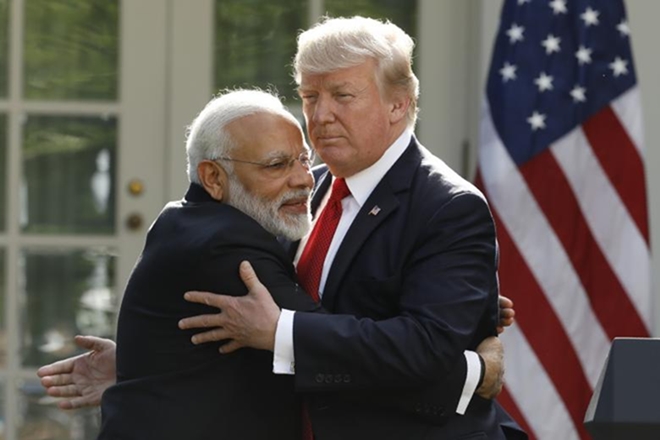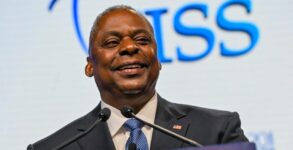With US President Donald Trump turning down India’s invitation to be the chief guest during the Republic Day function, New Delhi has been left red faced by the country which swears to be India’s strongest strategic partner. Obviously, it will have a bearing on the relations of India and Trump-led US administration. India’s refusal to heed to US’ warning on its relations with Russia and Iran is seen as a prime reason behind Trump’s refusal to accept New Delhi’s invitation for the 2019 Republic Day function. The US was in particular against India’s purchase of S-400 Triumf missile defence system from Russia.
The US also wanted that India should stop importing crude oil from Iran on which it re-imposed sanctions after withdrawing from the 2015 nuclear deal this year in May. While these two issues appear to reasons for Trump’s perceived annoyance with the Narendra Modi government, India has been not sanguine about the US-led quad with its apparent tilt against China.
First, India refused to elevate the quad format from the current official level to a ministerial level. Second, during his Shangri-La Dialogue speech in Singapore in June, Prime Minister Modi straightforwardly told the world on its face that India would not align against any group or a country in the Indo-Pacific region. The US, Japan and Australia which are planning to launch regional infrastructure scheme in the Pacific to counter China-led Belt and Road Initiative(BRI), want India to join the infra-scheme. But India has told them point blank that it has neither money nor any purpose to join the scheme, envisaging construction of road, bridges and other connectivity related infrastructure in the Pacific region.
Trump declining India’s invitation for Republic Day a diplomatic faux pas: Congress
On Afghanistan’s peace process too, the two countries are not on the same page. India is against any peace talks with the Taliban, while the US wants the terrorist group to be part of Afghanistan’s peace process. In the release of Mullah Abdul Ghani Baradar, a co-founder of the Taliban movement in Afghanistan by Pakistan, the US’ tacit hand is supposed to be involved. On Syria issue too, India is not with the US which wants ouster of Bashar al-Assad as a precondition for peace process. But India, Russia and China are dead against removal of Bashar al-Assad from his presidential post in Syria.
Also, India and the US are not on the same side of the fence on the UN Security Council reform. India wants the Security Council reform with all its attendant characteristics, including veto power to those joining the expanded version of the UN’s highest decision making body. However, recently India-born US permanent representative to the UN Nikki Haley told a gathering organized by US-India Friendship Council at the US Capitol in Washington that the key to India becoming a permanent member of the UN Security Council is “not to touch the veto.” This is a seen as a climb down in the US position on its pledge to support India to become UN Security Council member.
PM Modi invites Trump to India for 2019 Republic Day celebration
Experts link all these issues to the current state of India-US relations. But they agree that US President’s decision to turn down India’s invitation for the Republic Day function could harm America’s interest than India which is the fastest growing economy and is the world’s largest importer of defence products. Nonetheless, if Trump had made it, he would have been the second US President to be invited by India to be the chief guest for the Republic Day function since its independence in 1947. Though Barack Obama was the first US President to become chief guest for the event in January 2015, Trump’s acceptance of the invitation would have sought to underline how far India-US relations have evolved from the days of tension and acrimony in the 1970s and the 1980s—when New Delhi was seen close to the Soviet Union.
Disclaimer: The opinions expressed in this article are the personal opinions of the author. The facts and opinions appearing in the article do not reflect the views of NEWSD and NEWSD does not assume any responsibility or liability for the same.


















